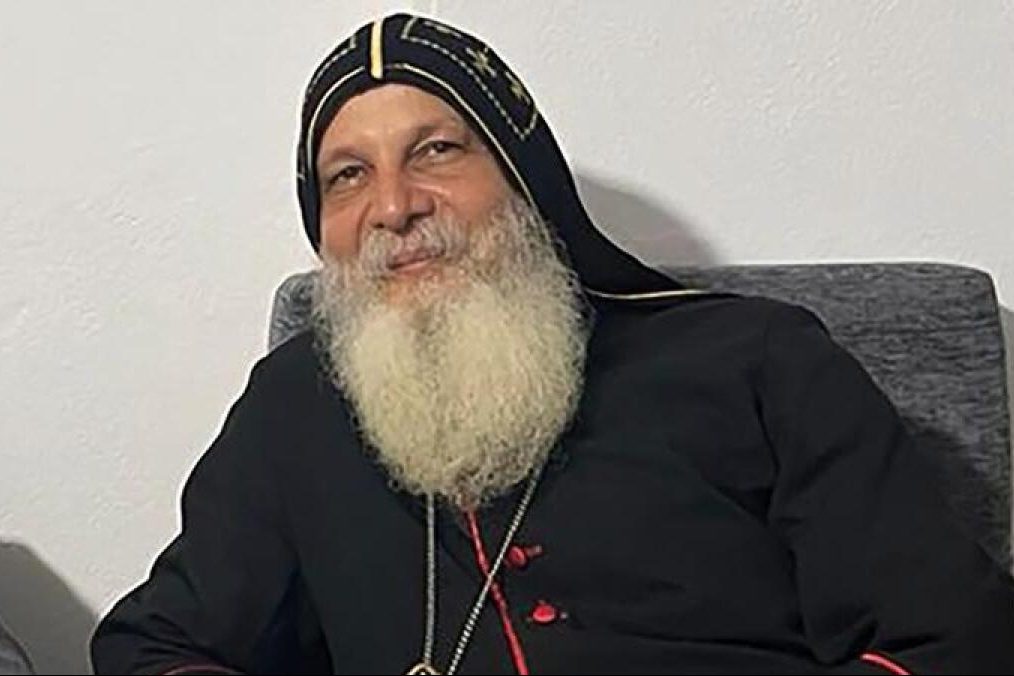
At the second Order of Australia Association-ANU lecture, JOHN WARHURST addressed the theme: “What’s the matter with Parliament?” This is an edited version of his presentation…
I DON’T look back to a Golden Age of Parliament, because my studies of previous eras suggest lower public expectations of Parliament then rather than higher levels of performance (however that might be measured).
Some of the contemporary criticisms are unfair or unrealistic of this very human institution. I also think that in many ways Parliament has improved as a democratic institution over the past 50 years.
I believe that Parliament is an honourable vocation and the whole community is in debt to the courageous souls who stand up to be counted by entering Parliament. It is a good time to look at Parliament because we are experiencing a new approach to it under minority government.
We have what’s called a hung Parliament. At the insistence of independent MPs, led by Rob Oakeshott, the Member for Lyne, and Tony Windsor, the Member for New England, Parliament was meant to be revamped last year to make it more open and democratic and to shift the balance towards all MPs and away from the executive.
This reform, enshrined in a memorandum called “Agreement for a Better Parliament”, was welcomed by members of all parties, including even the Opposition.
The Parliamentary Library has just issued a report that tracks these reforms in a background note called “The hung Commonwealth Parliament: the first year”.
The record is patchy. Reform is slow, but some progress has been made towards developments such as a Parliamentary Budget Office and a Parliamentary Integrity Commissioner. The independents have increased their own share of parliamentary time, including through increased numbers of private members Bills. Question Time balance between questions and answers is edging forward, too.
I worry about the poor reputation of Parliament and parliamentarians.
This has been in evidence again during the republic-monarchy debate which accompanied the Queen’s visit. Letter writers have referred again and again to the so-called “odium” surrounding politicians.
While the 2010 AES survey from ANU shows, rather contradictorily, that Australians are satisfied with and inclined to celebrate Australian democracy (72 per cent in 2010, down from 86 per cent in 2007), they also think MPs look after themselves first and foremost (63 per cent in 2010), and they don’t trust them to work for the common good (only 37 per cent trust). All of this is unhealthy and even dangerous.
I worry about the conduct of parliamentarians, especially within the chamber, driven by an entrenched culture of extreme competitiveness, sometimes called “adversarialism”. Parliament is a bear pit in which the ends are used to justify the means. The ends are the destruction of the other side, just like in any professional football match. This is achieved by extravagant rhetoric, exaggeration and, where necessary, personal attacks. Both sides are guilty.
I also despair about those MPs, admittedly a small minority, who behave like court-jesters or, even worse, rip off the system by helping themselves to self-interested perks and rorts.
I worry about the representativeness of Parliament, given that most parliamentarians, a) represent a white-collar middle-class demographic to the exclusion of a blue-collar demographic, and b) represent the dwindling mass membership of the two/three major political parties.
The major parties still dominate representation in Parliament. Too many MPs come from a background as staffers (ironically made possible by the increased resources now given to parliamentarians).
While this means that the political class as a whole has become more professional, we have lost the benefits of a more amateur approach in which politics, broadly defined, was not a lifetime career.
Labor has a particularly narrow base because of an additional factor, affiliated unions.
Too few MPs are indigenous or from a recent non-English-speaking background, though we are seeing slow improvement in each category.
The first indigenous member of the House of Representatives, Ken Wyatt, was only elected at last year’s election.
I worry about the relative weakness of Parliament in the face of an ever-stronger executive government.
The executive has the numbers, control of the agenda, and also control of information, especially that held by government departments. Minority government does try to restore some balance in the face of this problem.
I worry that too many young Australians under 30 (about a quarter) do not enrol to vote in elections for Parliament, despite the best efforts of the Australian Electoral Commission.
There are many reasons for this disturbing pattern, but the poor reputation of Parliament, connected to the tough way Australian politics is played (as Tony Abbott saw fit to tell the Queen during her visit), is probably one of them.
Parliament is an institution that cannot escape the impact of social change. Some of the remedies to weaknesses that I see are, therefore, out of the hands of Parliament itself. It needs assistance from the whole community if change is to be forthcoming.
The mass media contributes significantly to the loss of dignity being experienced by parliamentary leaders and sometimes drags public debate into the gutter. We have seen recent examples of utter disrespect for our political leaders. In turn, this encourages ever-angrier public debate and criticism of Parliament.
The community has had for some time a growing attraction to the sort of participatory/direct democracy found in many new social movements and to forms of involvement in politics, like the social media group, GetUp!, that are more immediate, direct and hands on.
This is such a challenge to representative democracy that it may ultimately be beyond Parliament’s ability to respond.
Following on from this, social changes in communities, work patterns and family life are undermining political party membership, which continues to fall. While the major political parties maintain their iron grip on representation in Parliament there is little that Parliament itself can do. That is up to the voters and to the parties themselves.
Unruly disrespectful behavior is not restricted to Parliament. Anything goes now in social discourse. So too does unethical behavior whether at the big corporate or small business level. Government programs are hijacked and rorted with impunity as a matter of course, including by individuals.
As citizens we all fall into the trap of wanting our side to win at all costs and “whatever it takes”. We are all guilty of regularly excusing those on our side of politics for their misdemeanors and offences against Parliament.
Many of the possible remedies were discussed last year in the context of minority government. I support the general drift of the “Agreement for a Better Parliament”, though I fear for its long-term future as it has been produced by a most unlikely result from the 2010 Federal election. That result is unlikely to be reproduced.
Any reform for the better would have to be the result of improvements to processes and procedures and cultural change among the representatives. I would suggest the following:
- We should press on with the institutional reforms, such as a more independent Speaker, a better-quality Question Time and more opportunities for backbenchers and cross-benchers, in order to make parliamentary processes more even-handed and transparent.
- We should encourage relaxation of party discipline in a general sense. This would need to be encouraged by the party organisations and factions that run the big political parties and supported by the party leaders who should lead by example.
- More specifically, we should support greater use of conscience votes where free votes are allowed on a greater number of issues and not restricted to a limited number of socio-moral issues like euthanasia or embryonic stem cell research. Parliamentarians often rise to the occasion as independent thinkers on such occasions.
However, I am a realist. Governments will not easily co-operate in making their own lives more difficult.
We need to be clear just what roles we want Parliament to perform and in what priority. Yet as a community we are clearly deeply divided.
Unfortunately, some of the worthwhile functions of Parliament are contradictory if taken to their logical conclusion. In particular, do we want a Parliament that is a real threat to the Government of the day or one that makes a much more modest contribution to the making of those legislative sausages? We can’t easily have it all.
Parliament is a limited, old-fashioned institution, a creature of its time that may need major, creative re-jigging in the longer term.
Society has moved on in ways that challenge its place in the wider scheme of things and in its day-to-day operations. Some potential reforms are just tinkering at the edges.
Ultimately, we get the Parliament that we deserve, in the sense that it draws its norms of behaviour from society at large. That means us.
Two-party politics permeates and defines Australian society. Parliament is unlikely to be more civil than the society from which it is drawn.
When we enter the ballot-box next time parliamentary reform is not likely to be a high priority for any of us. That’s a pity as there is room for improvement.
John Warhurst AO is an emeritus professor at the ANU School of Politics and International Relations.
Who can be trusted?
In a world of spin and confusion, there’s never been a more important time to support independent journalism in Canberra.
If you trust our work online and want to enforce the power of independent voices, I invite you to make a small contribution.
Every dollar of support is invested back into our journalism to help keep citynews.com.au strong and free.
Thank you,
Ian Meikle, editor




Leave a Reply